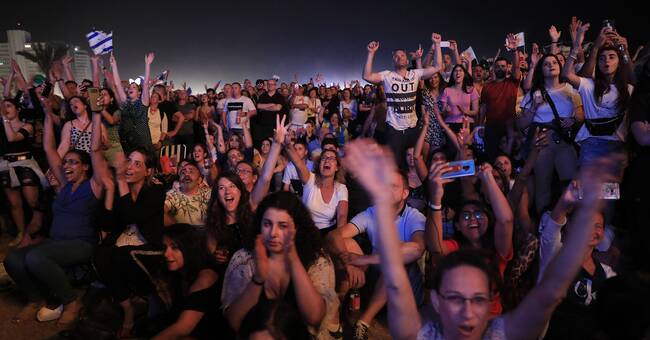"Instead of having a strict format, we open up for artistic freedom, creativity, ambition and style in all 41 participating countries," writes the EBU.
The competition will be broadcast in real time, just as usual.
But all countries will also make a pre-recording of the country's contribution, which can be used if it is not possible to travel to Rotterdam due to the pandemic or if an artist needs to be quarantined due to illness.
The pre-recorded contributions must be "live on tape", which means that no changes to the song or any other part of the performance may be changed afterwards.
Independent observers review
The EBU writes that the countries will use similar technical possibilities for the pre-recorded contributions as those on the stage in Rotterdam, and that the recordings should not include virtual reality, drone photography, confetti, water or the use of green screens.
To keep the competition fair, independent observers will review the countries' recordings.
The recordings must be delivered no later than the end of March.
The Eurovision song contests two semi-finals will be broadcast on 18 and 20 May and the final on 22 May.

